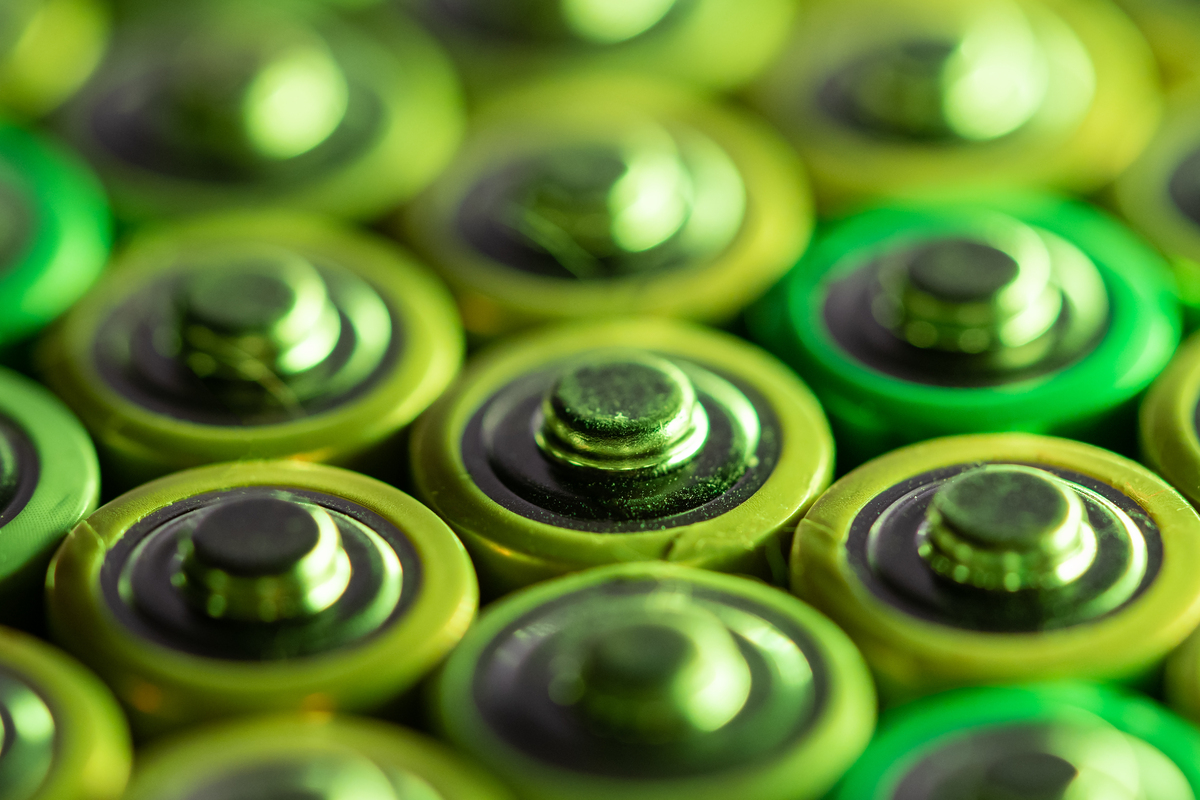
Khalifa University’s Prof. Pau Loke Show reviews the research charting the future of high-energy lithium-ion batteries
With the world turning to renewable energy sources, energy storage solutions are key to ensuring constant energy supply to power systems, during the night or at times when energy sources like the sun and wind are not available. Lithium-ion batteries remain at the forefront and are central to technology advancements in these batteries are nickel-rich cathodes.
A team of researchers, including Khalifa University’s Prof. Pau Loke Show, has explored the complex nature of these cathodes, focusing on holistic solutions to enhance energy density and stability. Prof. Show collaborated with researchers from the University of Nottingham Malaysia; University Malaya, Malaysia; Xiamen University, China; Nanyang Technological University, Singapore; and Feng Chia University, Taiwan. Their results, published in the Journal of Cleaner Production, pave the way for a future powered by advanced battery technology.
Nickel-rich cathodes are characterized by their high specific capacity and elevated working potential and offer a promising avenue for high-energy-density batteries. However, challenges such as instability, safety concerns, and the presence of residual lithium compounds have prompted the search for innovative solutions. Ongoing research, with a focus on sustainability and performance optimization, aims to address these challenges and unlock the full potential of nickel-rich cathodes.
“Recent advancements in coating techniques and novel doping strategies have shown significant promise in addressing these challenges, bolstering the performance lifespan and sustainability of lithium-ion batteries,” Prof. Show says.
Advanced coating techniques aim to improve the structural integrity of cathodes, thereby enhancing their performance and lifespan. Using specific materials such as carbon to coat the cathodes not only mitigates adverse side reactions, but also contributes to the stability and efficiency of the batteries. Doping strategies introduce specific elements into the cathode material, which improves the overall performance of the cathode. Carefully selecting the elements used can enhance the electrochemical properties, improving their capacity, stability, and resistance to degradation.
“In the realm of advanced battery technology, the significance of nickel-rich cathodes in lithium-ion batteries has been firmly established,” Prof. Show says. “We unveiled the intricate challenges associated with these cathodes in our review, which we hope will illuminate the path for future endeavors in nanoscience, material science, and sustainable engineering.”
Jade Sterling
Science Writer
16 April 2024






